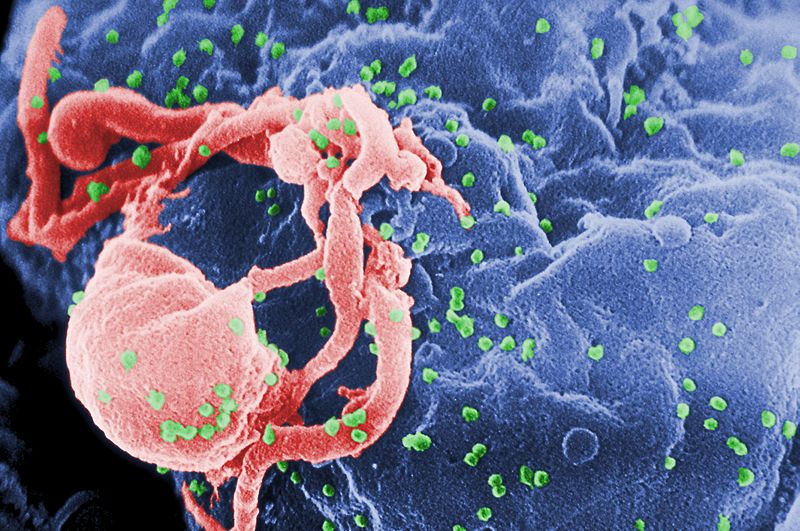Gilead's next gen HIV prevention trial to begin in UK

UK patients could be among the first to trial a new and potentially safer form of Gilead’s HIV prevention drug.
Although investors were disappointed last week with its R&D pipeline, Gilead is forging ahead with trials of a new version of Truvada in HIV pre-exposure prophylaxis.
Truvada (emtricitabine+tenofovir disoproxil fumarate) can prevent HIV infection but one of its components – tenofovir disoproxil fumarate, or TDF – damages the liver and kidney and can reduce bone density.
Gilead already markets a next generation version of Truvada in HIV, known as Descovy, which replaces TDF with one of its prodrugs, tenofovir alafenamide (TAF).
TAF is metabolised differently, allows for a much lower dose, and has improved renal function and does less damage to bones than TDF.
Patients in England cannot get access to Truvada PrEP after NHS England decided it should be funded by councils responsible for public health programmes instead.
Many at-risk men were able to get Truvada as part of the PROUD study, which established safety and efficacy in the UK HIV population but this trial has now ended.
A legal row is ongoing – but in the meantime high-risk individuals cannot get access to the drug in the UK unless they pay for it out of their own pockets.
Recently approved as a treatment to keep HIV at bay like Truvada, Descovy does not have the pre-exposure prophylaxis indication allowing it to be taken to reduce risk of infection.
But in theory, Descovy should have the same protective effect as it works along the same pathways as Truvada.
In an interview with pharmaphorum, Mike Elliott, vice president of Medical Affairs, Europe, Middle East and Australasia, at Gilead said that the company is about to begin recruiting patients to the European part of a phase 3 trial, testing to see whether Descovy – also known as F/TAF – can work in PrEP in the same way as Truvada.
He said: “We presented pre-clinical studies of F/TAF for PrEP at CROI in February this year. Based on these results, enrolment in a phase 3 clinical study, the DISCOVER trial, has already started in the US and study sites in Europe are expected to start enrollment later this year. The results of the DISCOVER study will be used to decide whether and how Gilead pursue an indication for F/TAF pre-exposure prophylaxis against HIV.”
Gilead is recruiting patients for a large, phase 3 trial that will compare F/TAF with Truvada, with results due in 2020.
Birmingham’s Heart of England NHS Foundation Trust is one of the European sites where the DISCOVER PrEP trial could begin recruiting.
The hospital trust has already called for expressions of interest and is applying for ethical approval. A trust representative said that it was confident that its branch of the trial will be approved. “We have already had a good response and plenty of interest,” a spokesperson said.
In the meantime, Elliott said a triple-therapy based around F/TAF has had good response from doctors in its already approved use in suppressing HIV in people who are already infected.
“We had a positive reception from doctors to our newly launched F/TAF portfolio, which highlights that while reducing a patient’s viral load remains the priority goal of managing HIV, the needs and expectations of treatment have evolved as patients are now living longer.”
In the longer term, Gilead aims to combine F/TAF with an investigational integrase inhibitor, bictegravir in a single tablet regimen. Phase 3 development is under way and phase 2 data is due out in February, he said.












